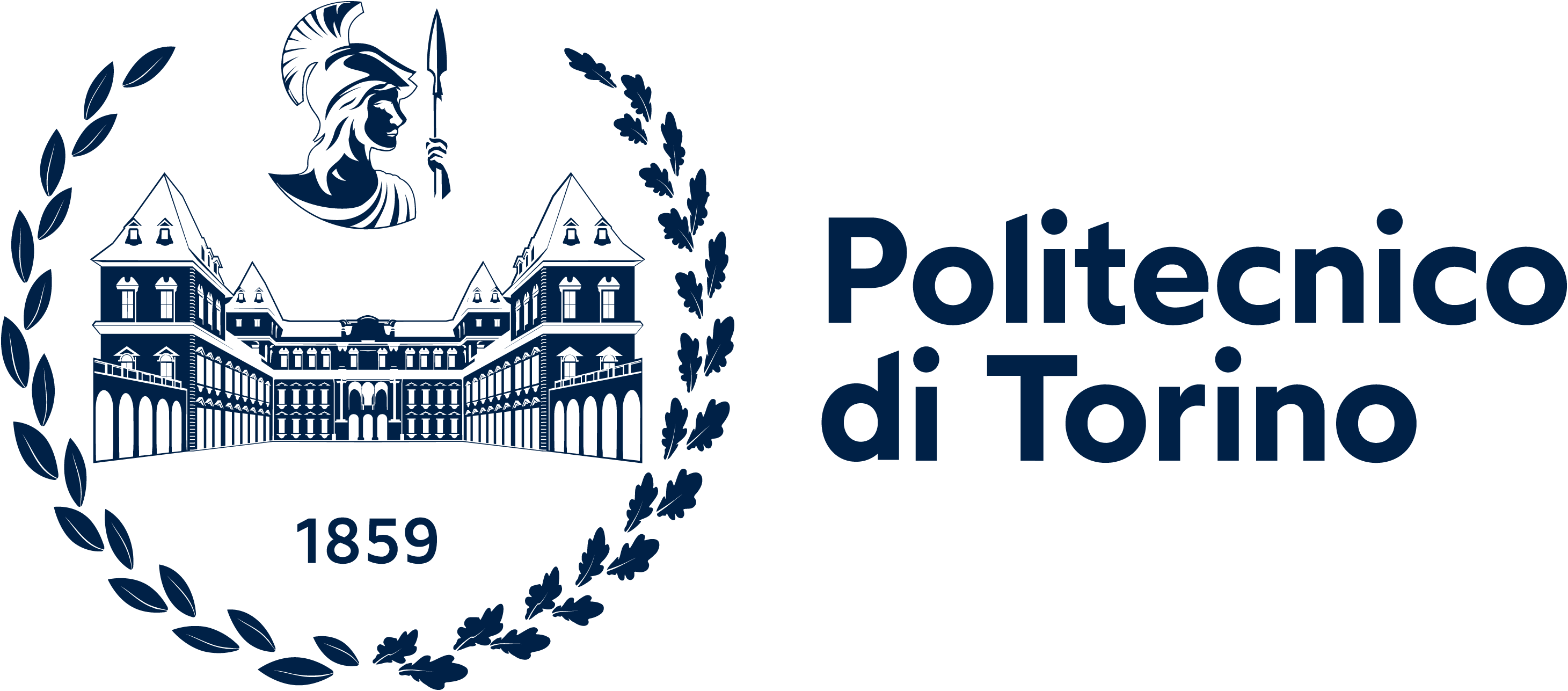
Politecnico di Torino
Green Education Ranking
#365
About Politecnico di Torino
Politecnico di Torino was the first Italian Engineering School founded in the wave of the technical and scientific innovation that gave rise to the most prestigious European polytechnic schools in the mid-19th century. Founded as School for Engineers in 1859, it then became Regio Politecnico di Torino in 1906. Engineers, architects, designers and urban planners have been trained at Politecnico di Torino for over 160 years with rigor, integrity and high-level standards. This long ever-changing history has rated Politecnico among the top European technical Universities for education and research, with 38,700 students and a teaching staff of more than 1,000. In an evolving global context disrupted by the effects of globalization, climate change, population aging, new and increasingly pervasive technologies, Universities are expected to progress in order to produce an impact on a rapidly changing society. Politecnico di Torino has therefore decided to transform itself into a “platform” University expected to be permeable, inclusive, open to the labour market and to industry, with a key role in innovation and lifelong learning. The goal is to become a driving force for a societal sustainable development. The Polito4Impact Strategic Plan established as one of the strategic guidelines the creation of value chains combining education, research, innovation, financial services and the enhancement of intellectual property. The objective is to develop clusters for industrial development that can attract large companies, small and medium enterprises and start-ups in order to gather PoliTO graduates in the local territory.
About World Green University Ranking
World
Green University Ranking 2024 is a
scholarly acknowledgment of educational
institutions standing at the forefront of
Education for Sustainable Development (ESD) and
leading the Green Education Transformation
(Education 6.0).
World Green University Ranking classifies
universities based on the six pillars of the
Holistic Green Education Framework, including
leadership governance, curriculum, innovation,
facilities, human capital, and community
partnerships.
The methodology employed in our Green Education Ranking is designed relying on the six pillars of the Holistic Green Education Framework. Each pillar contributes to the institution’s overall score, with a carefully assigned weight reflecting its significance in fostering sustainability. The total weight of the six pillars collectively amounts to 100%, signifying a balanced evaluation across critical dimensions of Green Education. Within each pillar, various standards are carefully assessed, with weights ranging between 1 and 2, emphasizing the varying importance of each criterion. This nuanced approach ensures a holistic evaluation and offers an insightful measure of universities commitment to Green Education Transformation (Education 6.0).
| # | Six Pillars of Green Education Framework (6Gs). | Weight |
|---|---|---|
| 1 | Green Educational Leadership | 14% |
| 2 | Green Curriculum | 17% |
| 3 | Green Innovation and Research | 19% |
| 4 | Green Facilities | 15% |
| 5 | Green Human Capital | 19% |
| 6 | Green Communities | 16% |
| Total | 100% |

